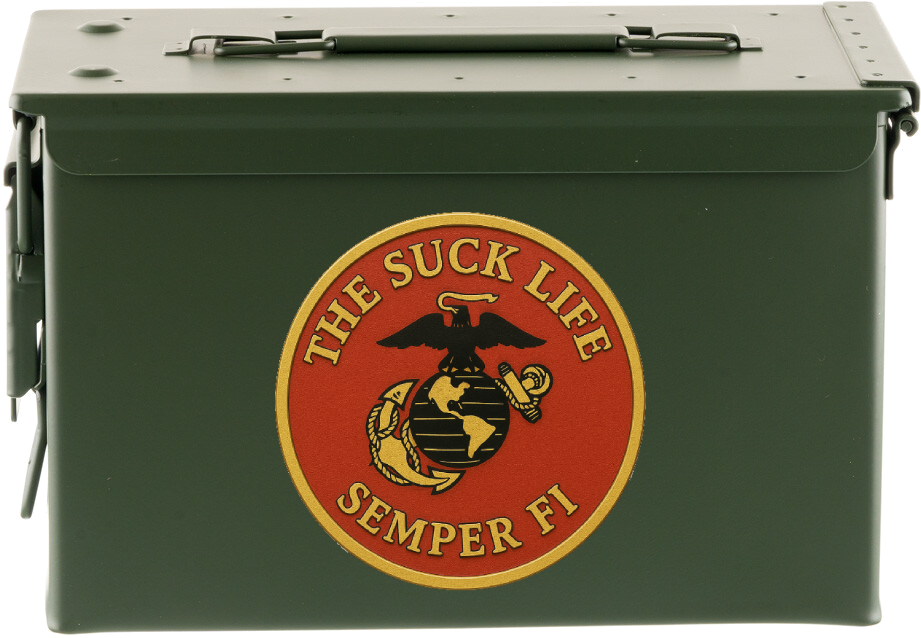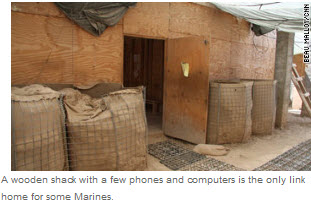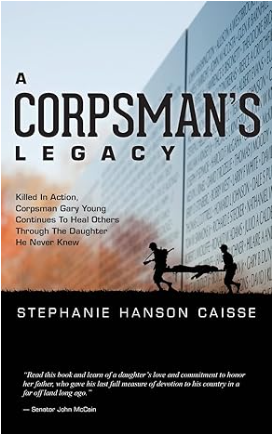You won’t find ‘River City’ on a map in Afghanistan
Northern Helmand Province – U.S. Marines stationed in Now Zad only have one link to home – a small wooden shack in the middle of their base. Inside, they crowd around five or six telephones and around eight computer stations.
This is where troops connect with their families and friends, and find out what’s happening in the world beyond Camp Cafferetta.
While embedded with the 1st Battalion, 2nd Marines Alpha Company, it’s also where we go to call back to our desk in Atlanta or reply to emails – only, of course, when there is a free phone or computer that the Marines aren’t using. The tiny room is crowded – Marines literally pushed against each other to wiggle into the small spaces in front of the computer screens. One Marine is on Skype, with a grainy video image of his wife and kids on screen. His wife is telling the very young children to look into their camera back home, and “tell Daddy you love him.” Most of the younger Marines are pouring into their Facebook pages, their primary way to keep up with friends – and most especially girlfriends – back home. A few feet away, you can hear the constant overlapping chatter from four to five Marines on the phones, talking to folks back home.
And then – a gunnery sergeant bursts into the room and says “River City! We’re in River City, let’s go!” And just like that, Marines hang up their phones. Sever their Skype connections. And shut down their Facebook pages. There was maybe time for a very quick goodbye, but it literally takes seconds. Within a minute, the room is empty, and the sergeant takes out the bank of phones and locks the door to the Internet room.
Then I learn why it’s taken so seriously: “River City” means a Marine has been seriously wounded or killed.
But after a call of ‘River City,’ the place clears and the equipment is locked away.
“River City” is a communications status, Reduced Communications. It’s an expression used to cut all contact with the outside world until the dead or wounded Marine’s family can be notified. 1st Sgt. Michael Bass explains that there were times when an incident would happen – someone gets shot, or caught in an IED explosion – and his fellow troops would, quite naturally, call home to talk with their own families about what happened. A lot of these communities are very tight-knit, and Bass says there were instances where families back home were being alerted to their loved one’s death by other friends or military spouses.
That’s not the way it’s supposed to work, and the military has a very strict process of family notification, one that involves a personal visit from a military official who is trained in how to deal with grieving families. That official then stays with the family throughout the process of the Marine’s remains coming home, the funeral and burial.
So the communications blackout prevents, for example, a perhaps well-meaning wife back home from calling another wife to offer her condolences, and inadvertently breaking the news of a husband’s death. Another Marine told me on rare occasions the blackout is imposed when no troops have been hurt. That usually happens if Marines are sending out too much sensitive information – perhaps saying too much about how the base is staffed, or describing future missions in too much detail.
Honestly, I thought River City was an actual place. And one Marine on his first deployment says, “Don’t worry – so did my wife.” The first time the base went into the alert, he had been talking with his wife back home in California. When the sergeant yelled “River City!” the Marine quickly told his wife: “Damn honey I gotta go right now – we’re in River City! Don’t know when I can call again!” This apparently made his wife worried sick, and spent hours on the Internet, trying to find where the hell this “River City” was on a map of Afghanistan.
The blackout can last as little as a few hours, or as long as a week. Normally it’s two or three days. During our stay with Alpha Company, River City was sounded four times. And only once, when the Marines were a bit slow getting off their computers, did the sergeant have to say, “Hey, get the hell off. And don’t be mad! Don’t be complaining you can’t call home – that means someone just got hurt!” Now if you ever hear the term “River City,” you’ll know not to look for it on any map. But it probably means a Marine has been hurt or killed, and a family somewhere is grieving.
Post by: CNN Pentagon correspondent Chris Lawrence
https://thesucklife.com

Ads suck. This site is 100% ad-free and reader-supported.
If this article added value to your day or meant something to you, toss a couple bucks in the ammo can to keep us in the fight. Thank you.





 Semper Fidelis
Semper Fidelis


>Bad words to hear for sure.